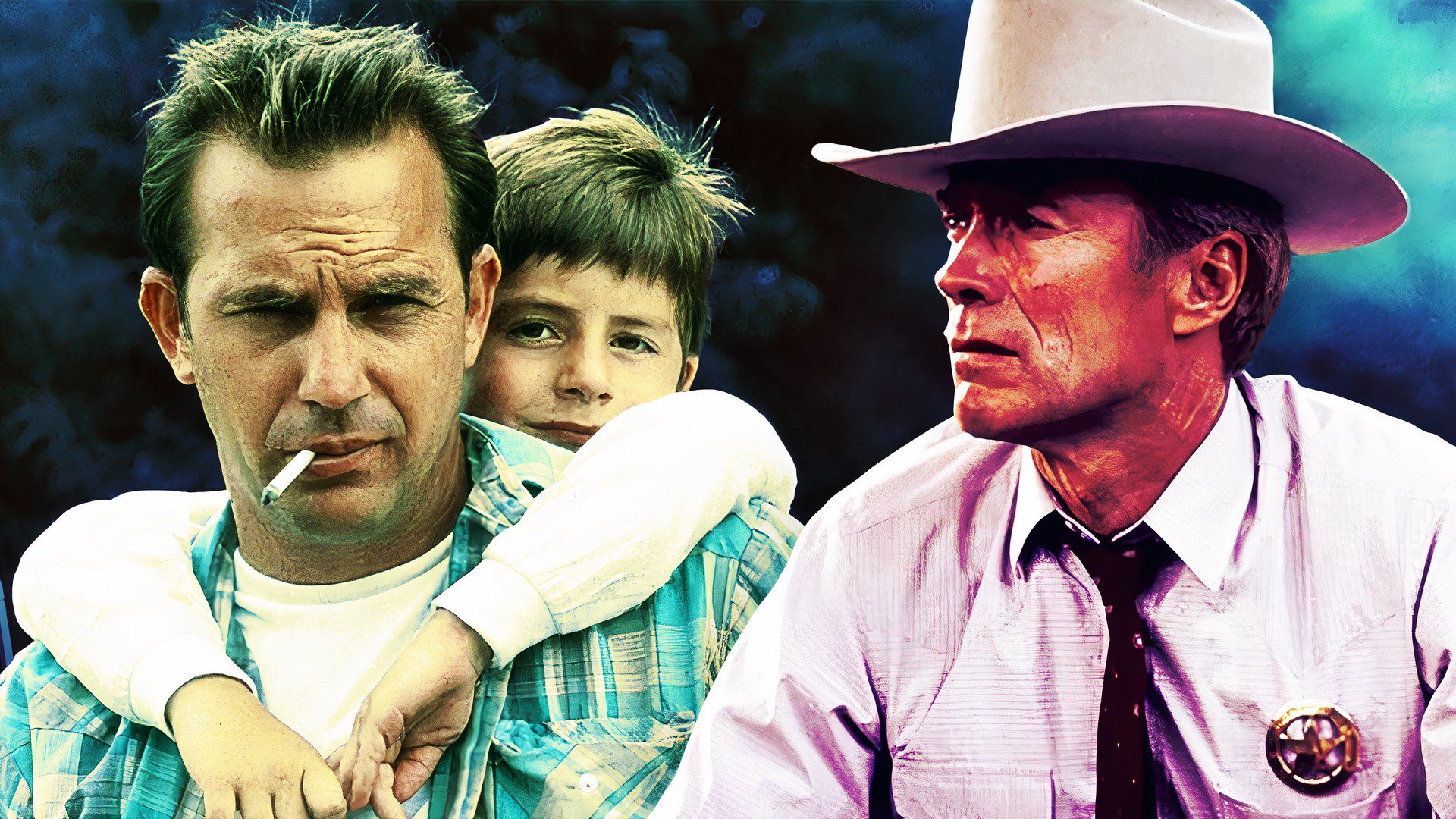All products featured here are meticulously chosen by our editors and writers. If you make a purchase through links on our site, Mashable may receive an affiliate commission.
Set in 1983, “The Order” introduces us to Alan Berg (Marc Maron), a talk radio host in Colorado known for his comedic takedowns of racist callers. Meanwhile, in the Pacific Northwest, a series of armed robberies with potential white supremacist ties raises alarms. This intriguing landscape serves as the backdrop for Justin Kurzel’s captivating police drama. The story centers on fictional FBI officer Terry Husk (Jude Law), who begins to unravel a chilling web with contemporary resonances.
The screenplay by Zach Baylin is adapted from Kevin Flynn and Gary Gerhardt’s late-’80s nonfiction book “The Silent Brotherhood,” which chronicles a real white supremacist group called “the Order” or “the Silent Brotherhood.” The group’s extreme commitment to white supremacy led to calculated acts of terror. Despite the heavy subject matter, the film is highly engaging, largely due to Kurzel’s departure from his typically grim style in favor of a thrilling Hollywood action drama.
A significant part of the film’s success is owed to Jude Law’s riveting portrayal of Terry Husk, a dedicated yet troubled FBI agent whose work takes precedence over everything else, often pushing him to his limits.
Credit: Vertical Entertainment
From its opening scenes, “The Order” juxtaposes the dangerous absurdity of white supremacy with Alan Berg’s sharp-witted radio persona. Berg, a Jewish radio host, fields calls from disgruntled bigots looking for an outlet for their frustrations. His clever and biting retorts set an energetic tone, contrasted sharply by a chilling scene where neo-Nazis murder one of their own under the cover of darkness.
Although Berg appears on-screen infrequently, his show serves as the film’s narrative anchor, intermittently reminding viewers of the everyday manifestations of antisemitism and white supremacy. This not only provides necessary comic relief but also underscores the spectrum of hate, from casual bigotry to violent extremism.
Berg’s life tragically intersects with the Order’s activities, but the film primarily focuses on two main characters. The first is Terry Husk, who relocates to the FBI’s sparse Idaho branch, isolated and waiting for his family. Husk is a man defined by his job, empty and on edge.
The second major character is Robert Jay Matthews (Nicholas Hoult), known as Bob. He leads the Order through meticulous heists to build a weapons stockpile. Unlike Husk, Bob is charismatic and surrounded by devoted followers, creating a sense of community that contrasts sharply with Husk’s isolation. Bob’s followers view him as a brother, and he juggles relationships with a wife, son, and pregnant mistress.
Suspicious “white pride” flyers prompt Husk to investigate, leading him to rookie cop Jamie Bowen (Tye Sheridan), who is more attuned to these threats due to his mixed-race family. Together, they embark on a thrilling cat-and-mouse game against Bob, filled with high-stakes heists and intense shootouts.
Credit: Vertical Entertainment
“The Order” bears some resemblance to Spike Lee’s “BlacKkKlansman,” particularly in its mix of comedy and drama to highlight the serious nature of white supremacy. However, while Lee’s film centers on infiltration from within, Kurzel’s film is more of a relentless chase. “The Order” does not delve deeply into race within policing, focusing instead on the mechanics of neo-Nazi terror.
The film’s utilitarian approach to white supremacy doesn’t deeply explore the ideology but highlights its dangerous playbook. Central to this is “The Turner Diaries,” a 1978 neo-Nazi novel by William Luther Pierce that outlines a plan to overthrow the U.S. government, culminating in “The Day of the Rope.” The book’s presence in the film serves as both a blueprint for Bob and a critical clue for Husk and Bowen.
This narrative choice feels eerily prescient in light of events like the January 6 insurrection, as “The Turner Diaries” has long influenced white supremacist rhetoric and conspiracy theories in America. By centering this book, the film offers a stark warning about the enduring threat of such ideologies.
Credit: Vertical Entertainment
“The Order” could be seen as a B-movie disguised as a prestigious drama or as Kurzel’s best work to date, similar to M. Night Shyamalan’s recent career renaissance. Kurzel has often explored themes of grief and death in his films, but with “The Order,” he embraces the potential for fun even within dark confines.
Law’s portrayal of Husk is compellingly unhinged; his character is constantly on the brink of madness, underscored by frequent nosebleeds and intense interrogations. In contrast, Hoult’s Bob is disturbingly charming and appears almost normal despite his heinous beliefs.
While Husk and Bob rarely meet on screen, their contrasting personas create a discomforting dichotomy. Hoult’s neo-Nazi character exudes a boyish charm that starkly contrasts with Law’s intense portrayal of an obsessed lawman. This dynamic makes their inevitable confrontation all the more gripping.
In its final act, Kurzel returns to his signature fatalism, reminiscent of his previous works like “Nitram” and “True History of the Kelly Gang.” This tonal shift feels earned and adds depth to the characters’ trajectories, akin to Michael Mann’s “Heat,” where both protagonist and antagonist are driven by their obsessions.
“The Order” maintains a brisk pace, propelled by Jed Kurzel’s energetic score. While it may not offer new insights into race relations in America, its portrayal of neo-Nazi terror is compelling and timely. The film’s blend of action and prestige elements marks a significant evolution in Kurzel’s filmmaking style.
“The Order” premiered at the 2024 Venice International Film Festival and will be released in select theaters on Dec. 6.



